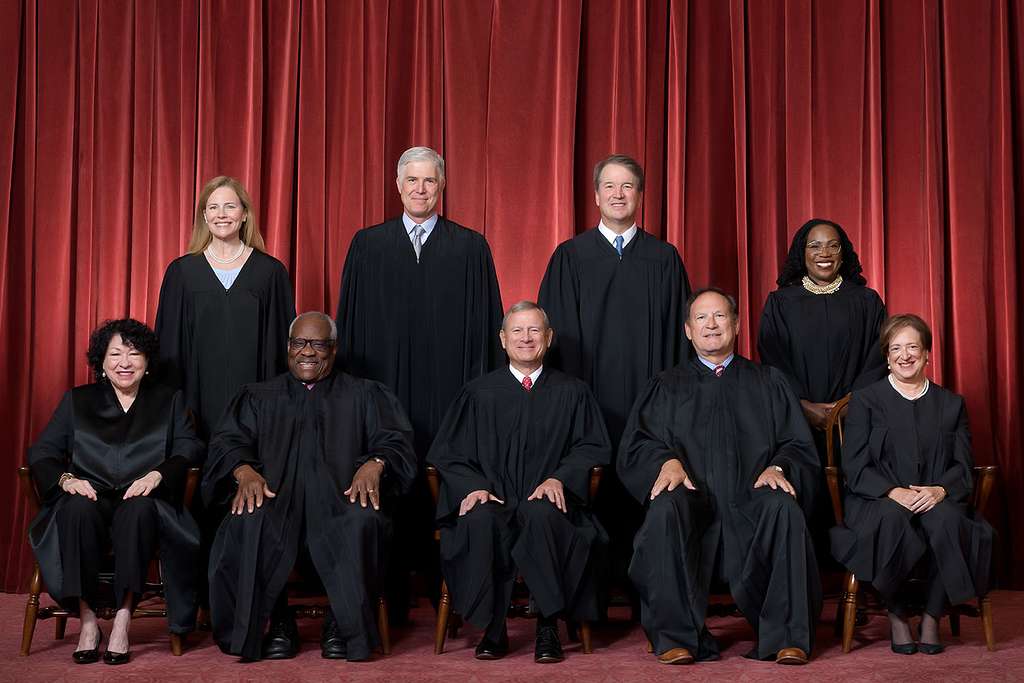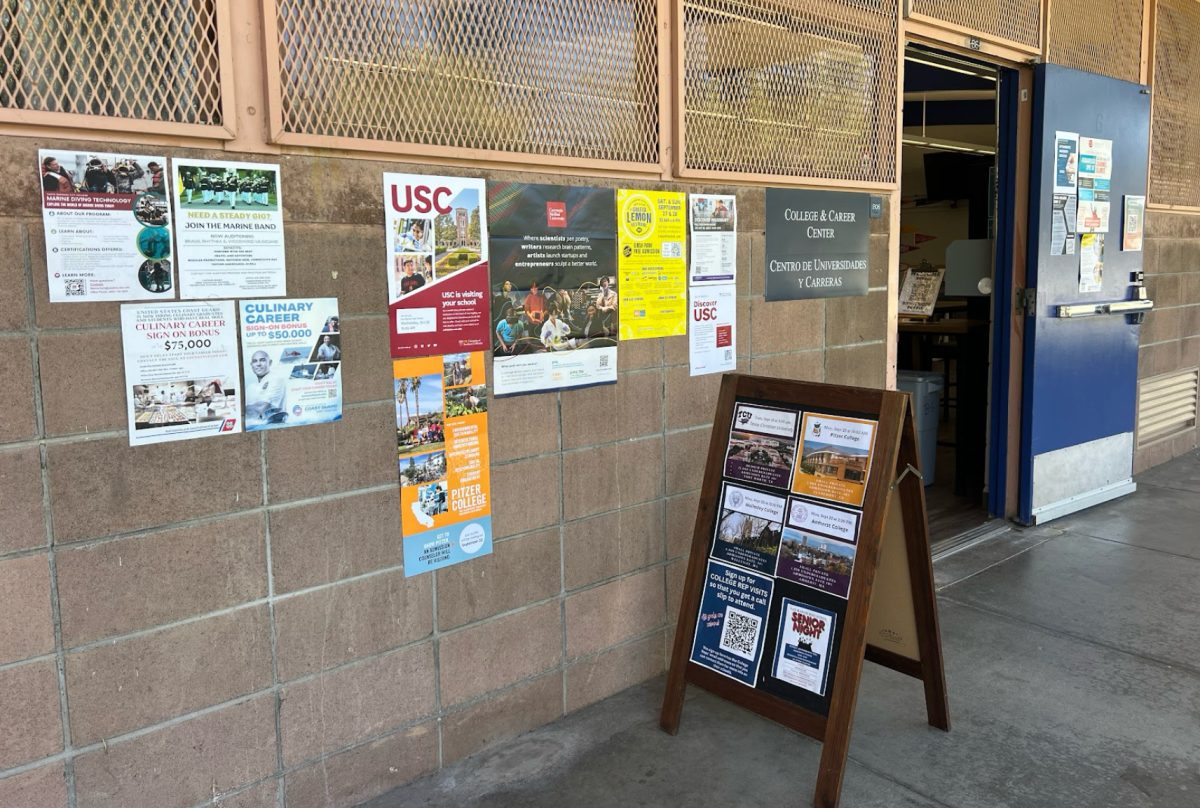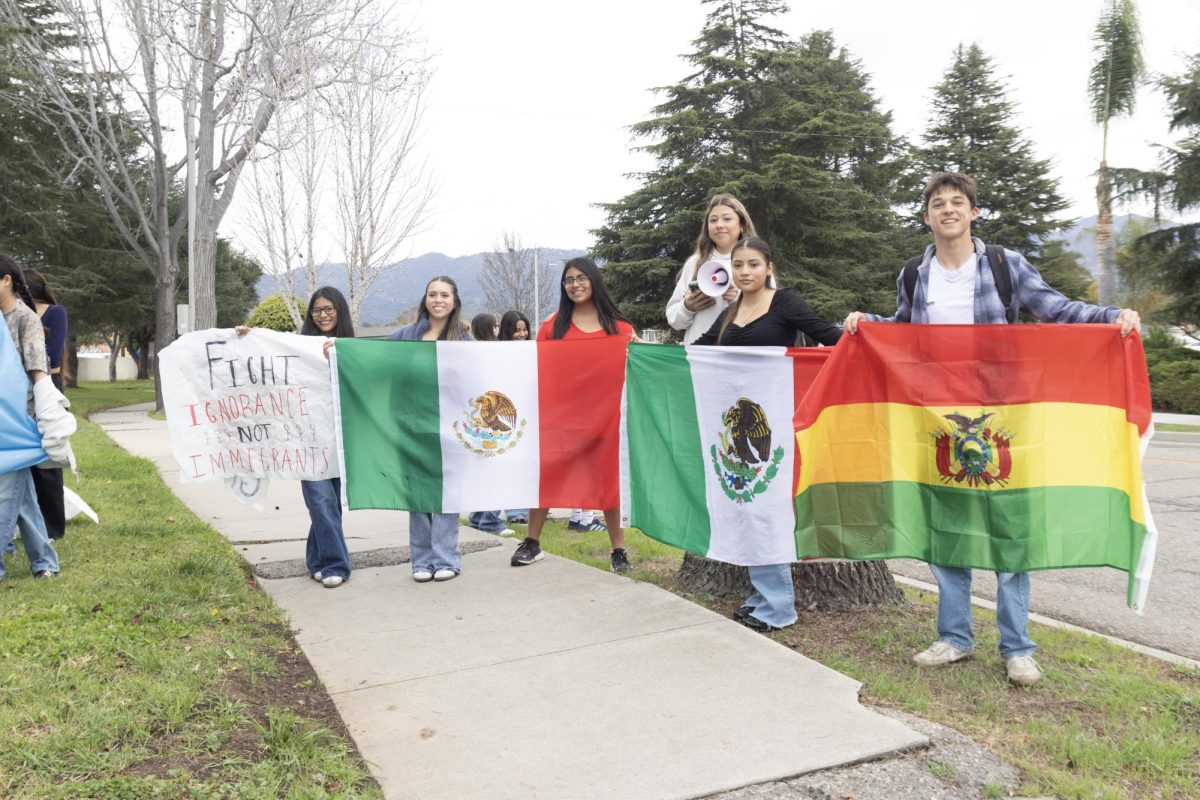This Year’s California Ballot Propositions Explained
Every two years, Californians vote not just for their President, Governor, Senators, Congressmen, and State Legislators but also for the legislation itself- propositions. California has more ballot propositions than any other state this year, and the importance of direct democracy in California’s political process cannot be understated.
This year, Californians will be voting on ten propositions. But what exactly would these propositions do?
Propositions 2 and 4: Bonds for School and Climate Change Infrastructure
Two of them, Proposition 2 and Proposition 4, are propositions for bond funding. A bond is essentially a loan that the State borrows to pay for a service. In practice, bonds often rack up debt, which is why they are generally only used as a last resort. So what would the proposed bonds be used for? Proposition 2 requests 10 billion dollars to fund school infrastructure; fixing air conditioning, applying new paint, refurbishing classrooms, strengthening roofs, and perhaps most crucially, removing lead from drinking water. Proposition 4 requests 10 billion dollars to fight climate change; improving water quality, protecting the state from droughts and floods, funding for state parks and beaches, protecting the ocean, building clean energy, and funding sustainable farming. Proponents of these two propositions say that these issues cannot be put off and that the cost of damages were the propositions not to pass would be much greater. Opponents say it is more debt that California cannot afford.
Proposition 5: Lowering Voting Requirements for Local Affordable Housing Bonds
Perhaps the most contentious bills are Propositions 5 and 33, both of which involve housing. Proposition 5 seeks to make it easier to build cheap, affordable housing by decreasing the local vote limit for bonds from 66.7% to 55%. Proponents say that letting 33% of the population override a significant majority is undemocratic, pointing to examples such as a 2023 Santa Cruz Fire Protection bond that failed with 66.5% of the vote, a vast majority. Opponents claim that it is not undemocratic because the people voting against the housing are generally homeowners- i.e. the people most directly affected. Others, such as the San Francisco Chronicle, disapprove not because of its basic proposal but because of a clause that states that local governments may not use Proposition 5 money to replace single-family homes with denser affordable housing. This clause had to be added because otherwise the immensely powerful California Association of Realtors would oppose the measure, massively knee-capping it (see Prop. 33).
Proposition 33: Remove Restrictions on Rent Control
Proposition 33 seeks to repeal a law banning rent control on buildings built after 1995. Proponents argue that this would lower the rate at which people are being evicted and keep housing from becoming more affordable. Opponents argue that it discourages building new homes to let local governments place rent control on them immediately. Also realtors hate it; the aforementioned California Association of Realtors has raised 19.5 million against it, and the California Apartment Association has raised an even more staggering sum: 56.8 million.
Proposition 34: Stop Michael Weinstein
Proposition 34 was essentially designed to stop Michael Weinstein, the philanthropist and lobbyist who got Proposition 33 on the ballot, from ever trying anything like this again. The proposition is very convoluted but basically boils down to the following: if you are a healthcare company/non-profit that serves low-income and at-risk people and therefore receives a discount on pharmaceuticals, and you spend more than $100 million dollars a year on non-healthcare related endeavors, and own and operate apartment buildings, and have over 500 severe health code violations, you must use at least 98% on your funding on patient care.
There is only one organization that fits this definition: The AIDS Healthcare Foundation, which is run by Michael Weinstein. The hope is that by passing this proposition, Michael Weinstein will be unable to fund his political endeavors. Whether this proposition is even legal or constitutional is questionable, as both the state and federal constitutions do not permit laws aimed at individual people or corporations.
Proposition 3: Remove Homophobic Language From The Constitution
Other propositions are less controversial. Proposition 3 would replace outdated language in the California constitution that specifies marriage as being between a man and a woman. The clause was made irrelevant by the Obergefell v. Hodges decision, which made gay marriage legal in all 50 states. However, if the current ultra-conservative Supreme Court overturns this ruling, the inactive clause would activate, and gay marriage would become illegal in California. Proposition 2 would prevent this. The vast majority of Californians support equal marriage rights, and the bill is expected to pass with over 65% of the vote.
Proposition 6: Ban Slavery In Prisons
Proposition 6 seeks to limit forced labor in prisons. Many Americans think that slavery is illegal in the United States, this is a misconception. While chattel slavery and unpaid labor were made illegal by the 13th amendment, unpaid and forced labor is legal in prisons, where it is practiced across the country, including in California. This amendment to the constitution would ban all forms of enslavement, including in prisons. Prison labor would be replaced with volunteer prison work, which would take time off of sentences, hopefully additionally reducing recidivism and prison population. Although no official opposing argument has been submitted, there has been some pushback to the idea of adding a new state expense at a time when the deficit is a major issue.
Proposition 32: Raise The Minimum Wage
Proposition 32 seeks to raise the minimum wage to 18 dollars an hour. Proponents say that this will help minimum wage workers keep up with the cost of living; opponents argue that it will force companies to raise costs to keep up with the cost of employment.
Proposition 35: Change Healthcare Tax Law
Proposition 35 would require taxes on managed healthcare insurance plans to go to funding Medi-Cal, California’s medical program for the less fortunate. This is already more-or-less how the state government uses taxes from managed healthcare insurance plans, but this amendment would make it both official and permanent, which legislators and healthcare officials alike consider necessary as Medi-Cal is rapidly expanding. Although both the Democratic and Republican parties support the proposition, Governor Gavin Newsom opposes it, saying that it would unnecessarily restrict legislators. It is also questionable whether complicated healthcare tax code should be left up to a voting base that does not understand it or even need to understand it.
Proposition 36: Harsher Sentencing For Theft and Drug-related Crimes
Finally, Proposition 36 would reclassify misdemeanor theft and drug crimes as felonies. More specifically, a new category of felony, “treatment-mandated felonies.” Those who don’t contest their charges could complete drug treatment instead of prison time, but those who do and are found guilty would be sentenced to three years in prison. Despite Gov. Newsom and the Democratic Party disapproving of this bill, it is still expected to pass; showing that although Californians as a whole are becoming more progressive, as time goes on and crime goes up, they become more conservative on issues relating to homelessness and the justice system.
If you want to know more about the propositions, CalMatters, a non-partisan organization dedicated to educating the public about local California politics, has a voting guide. Go to calmatters.org for more information.



























